When making some of your aromatic foods, you will most likely use a variety of spices, and clove, is perhaps, most common of all. While the use of cloves is prominent in Asian recipes, its popularity can be seen worldwide.
Cloves are aromatic, dried flower buds that deliver a peculiar smell and taste because of the presence of the chemical eugenol. Cloves are often used in curries, marinades, salad dressings, desserts, as well as hot beverages.
Apart from adding flavor to your recipes, cloves are known to offer a variety of health benefits, including:
- Maintaining oral health
- Balancing blood sugar levels
- Reducing the growth of cancer cells
- Lowering obesity issues
The United States Department of Agriculture National Nutrient Database states that one teaspoon or 2.1 grams of ground cloves will provide you with:
- 6 kilocalories
- 13 grams of protein
- 38 grams of carbohydrate
- 27 grams of total fat
- 7 grams of fiber
The flavor and benefits can tempt anyone to use cloves in the recipes. But what if you’re running out of cloves? Don’t worry; it is easier to find its substitutes. After all, keeping some options open will allow you to make your dishes taste just as good as always. So, are you ready to check some amazing clove substitutes? Let’s begin.
Table of Contents
7 Best Substitutes for Cloves
Ground Cloves
The chances of finding ground cloves in your pantry are way higher than the whole ones. And, the best part is, you can use them as a clove substitute.
However, note that it will have a strong flavor, so you will have to adjust the proportion based on the recipe's other ingredients. For example, if you’re using ground cloves for starters, you can consider ¾ teaspoon of ground cloves for one teaspoon of whole cloves.
Nutmeg – Your Best Bet
It’s simple. If you’re running out of cloves, go with the next best option – nutmeg. It is equally aromatic and delivers a unique taste like cloves.
Nutmeg can easily replace cloves for a variety of dishes, including sweet and savory, as this spice is sweet as well as nutty. Use it in the same proportions as the cloves needed in your recipe. However, also keep in mind that it is super strong. A little will go a long way.
Allspice
Have any allspice in the pantry? The good news is, you can use it as one of the top best clove substitutes in your savory recipes. Allspice has a unique flavor profile - it is slightly sweet, warm, and has a delicate peppery flavor. It can bring a noticeable difference in the taste. However, it all depends on what you’re cooking. For instance, it’s better to consider other substitutes for desserts as the black pepper hints from allspice won’t necessarily complement your sweet dish.
Considering allspice for your recipe today? Use ½ teaspoon allspice for every ½ teaspoon of cloves.
Did you know that it is very easy to make homemade allspice? Check out the full recipe for homemade allspice here.
Cinnamon – In a Pinch
Cinnamon is yet another spice used in both savory and sweet dishes. It can be considered a clove substitute as it goes hand-in-hand with cloves and has the same chemical, eugenol.
Generally, clove use is always combined with other spices like cinnamon and nutmeg, so if you need a clove substitute, combining cinnamon with nutmeg might do the trick. The quantity of cinnamon should be equal to the cloves required in your recipe.
Wish to treat your friends and family with a delectable cinnamon coffee cake? Find the detailed recipe here.
Mace
Mace is nothing but a covering of nutmeg. However, it is usually sold as a different spice altogether. Although it is slightly more delicate, it can work as a great substitute for clove.
If you need clove for roasting meats or to bake something, consider adding mace along with other ingredients before cooking as it will give a very nice saffron-like hue to the recipe. Use it in the same proportion of the cloves needed in your recipe, just like nutmeg and cinnamon.
Cardamom
Cardamom is often teamed up with clove for several recipes, and both are known to offer assertive flavors. However, cardamom has more of a complex flavor as it incorporates herbal, citrus, and mint notes.
On the other hand, cloves have a mild bitter eucalyptus note with black pepper and pine hints. Consider using cardamom as a substitute if you want that pungent taste in your recipe, but at the same time, it is important to note that it may alter the overall flavor profile.
Additional Substitutes
It’s best to reach for any of the above-mentioned closest clove substitutes when you find yourself in the middle of making your dish. But if you are out of these spices, you may also consider using pumpkin pie spice or white/black peppercorns. Similarly, your last options can include basil, dill, star anise, and celery, as they all contain eugenol.
Have you tried this homemade vegan pumpkin pie ice cream recipe? It has all the lusciousness you want in ice cream.
Conclusion
Don’t just stick to the mentioned ingredients when it comes to cooking. Remember, you always have room to explore, so be creative with your various culinary experiments. Improvising and trying out the above-mentioned clove substitutes is sure to give you great results.
Have you used any other substitute for clove? Which are they? What was the outcome? Share your experience with us in the comments.

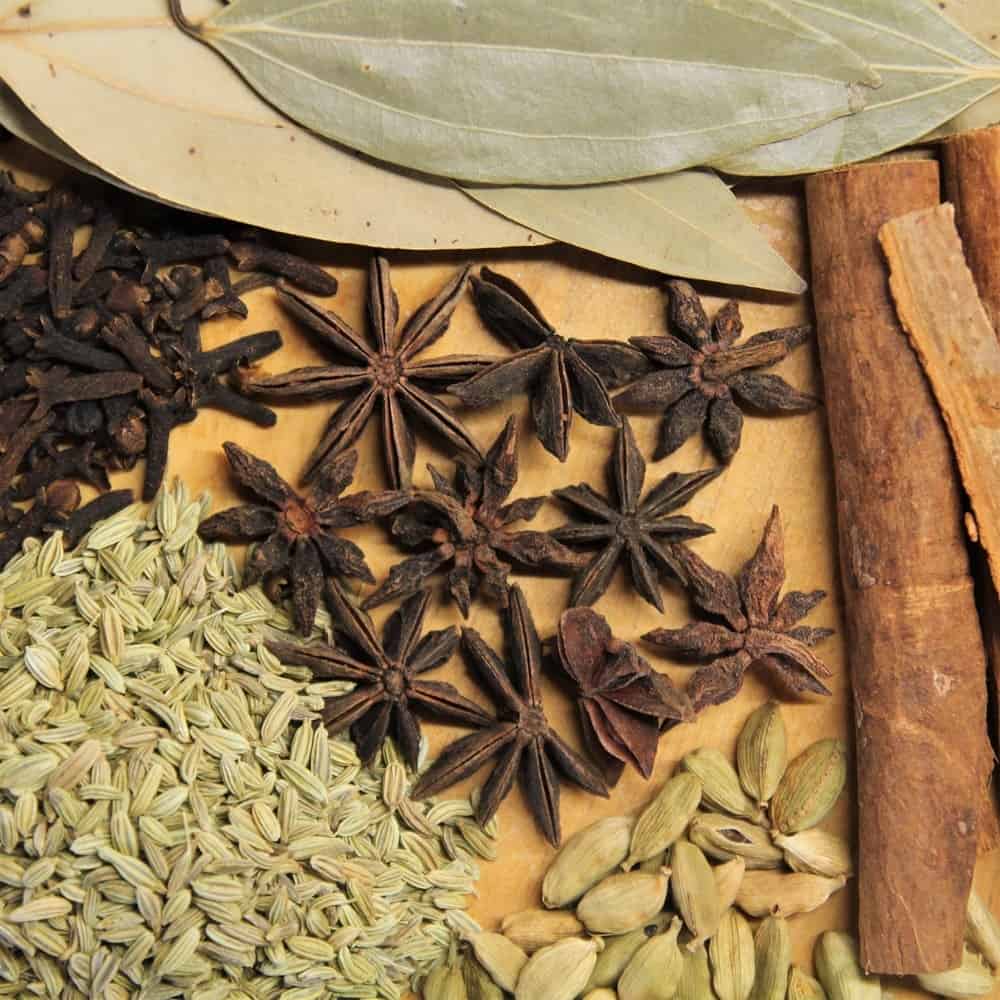
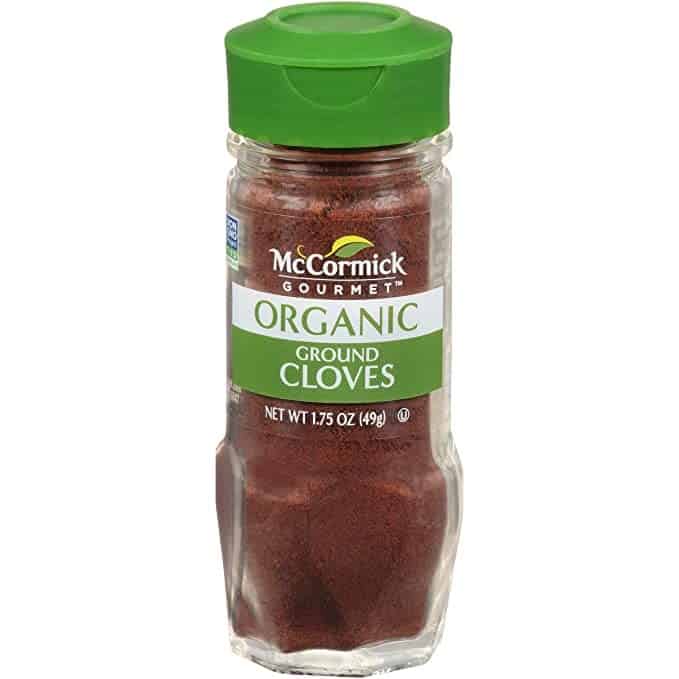
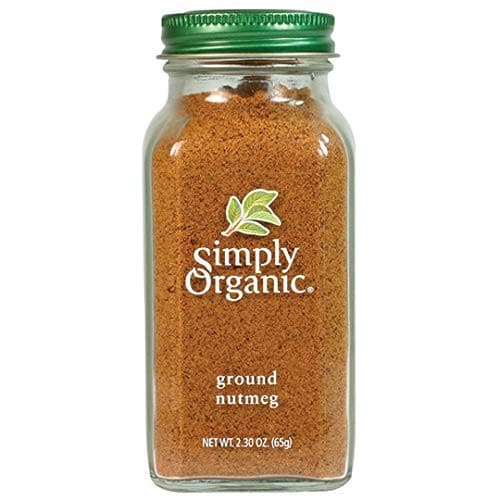
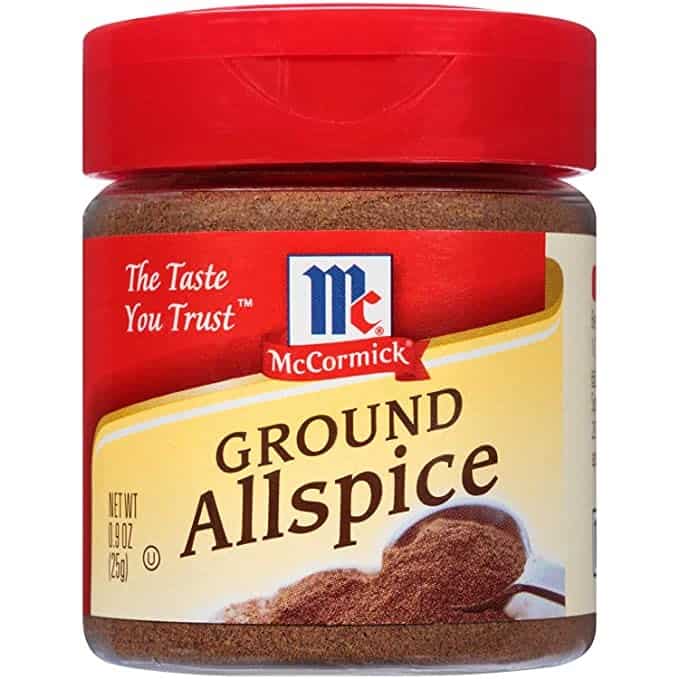
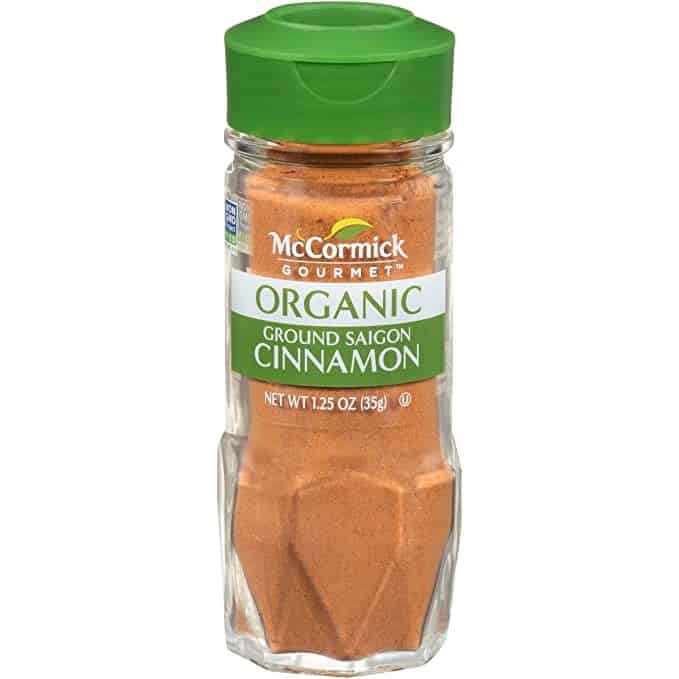
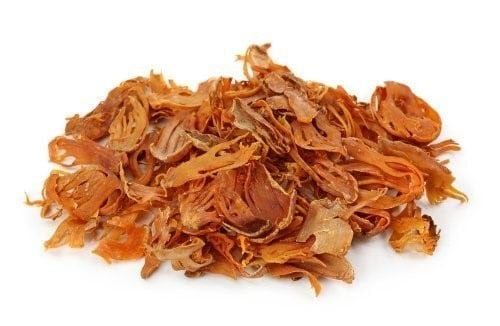
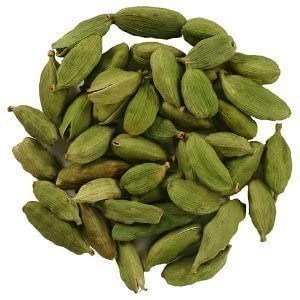

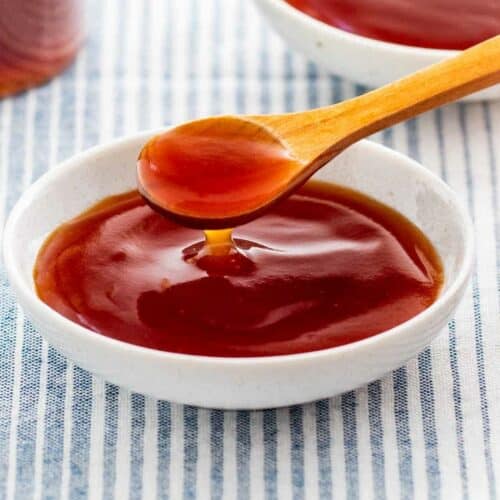
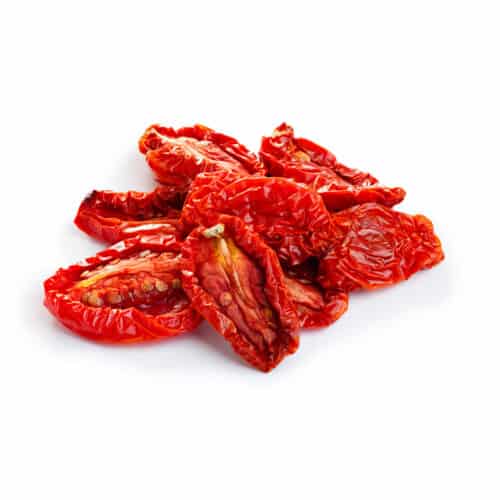
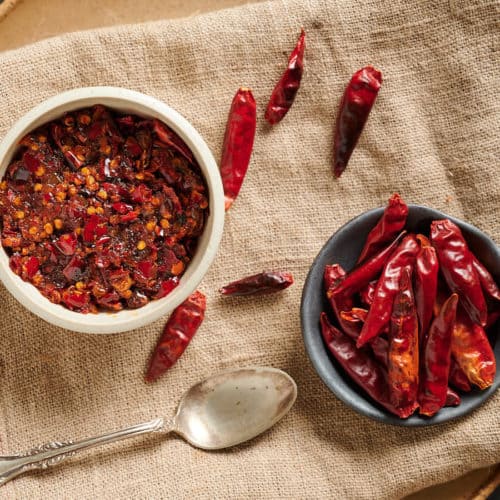


Leave a Reply